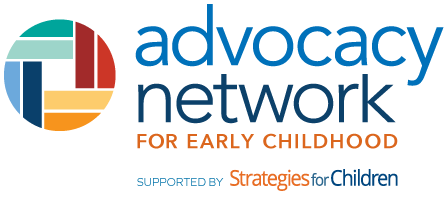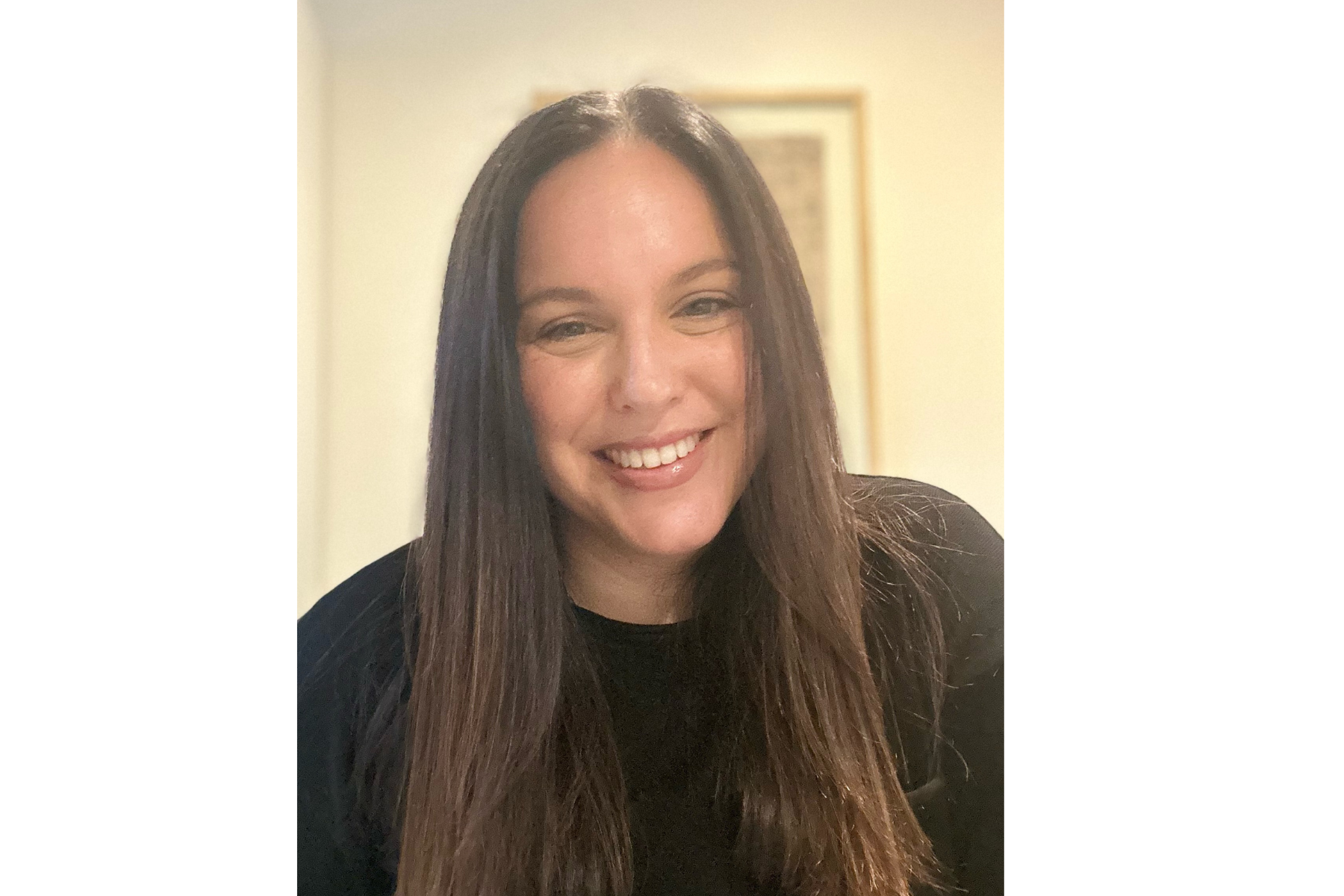
Today, Caroline Gillis is a regional manager at Bright Horizons and a member of Strategies for Children’s Advocacy Network, but her professional story starts with a sense of wonder about children.
“I’ve been one of the lucky people who grew up in the field of early education,” Gillis says. “I started as a teacher who was wide-eyed about the impact on the world that you can have through children.”
“When I think of early education, I think about social emotional development, about creating this lifelong love of learning and engagement. This starts in preschool. It starts with leaning into the inquisitiveness of children.”
Over time, Gillis’ life changed. She moved from teaching to leadership. She got married and had children.
“I quickly realized the critical nature of child care and early education for supporting parents. And I shifted as a leader because I began to focus more on how child care centers can support the whole family versus just the child, and how do we help families maximize their time outside of child care, knowing that we serve a lot of dual income families and their time is precious.”
For Gillis, who has spent her whole career working at Bright Horizons, supporting families means offering parenting resources, workshops, and other supports. This can mean giving parents questions to ask their children at dinner “Tell me what happened when they added the blue dots to the water table?” so that learning can easily continue at home.
Another concern for Gillis is forming social bonds among parents.
“Community building is hard with families who are really busy. They’re picking their child up at 5:15 p.m. and trying to run home and do dinner, and bathtime and bedtime. I mean, I feel that in my soul.
“We do simple things like organizing pizza in the park or in the playground so parents can feed their children and socialize. Or it could be a Saturday outing that we announce.”
The overall goal, Gillis says, is to create an early education program that supports families — and supports early educators and their families.
“When I was a director, I had an infant and a toddler, and they came with me every day to open up the center, and worked with me, and they went home with me. It really was this sense of family and camaraderie.”
After Covid hit, Gillis joined Strategies for Children’s 9:30 Call.
“The 9:30 Call just became invaluable for getting together to hear about EEC [the Department of Early Education and Care] releases and understanding policies and procedures so I could bring them back to my team. But also, I’ll never forget the Updates from the Field calls, where people would talk about their challenges. That brought people together. You realize that we all work in different companies and settings and pockets of the state, yet we are all struggling with exactly the same challenges.”
Gillis also learned about the Advocacy Network on The 9:30 Call.
Having worked for 20 years at Bright Horizons, Gillis says joining the Advocacy Network was an opportunity to break out of her shell and hear different perspectives on her colleague’s work and on advocacy. She has especially appreciated learning more about family child care, a part of her professions that she has had less exposure to.
Now Gillis is jumping on state budget calls, reading policy news headlines, and sharing what she learns with her staff, including ways to promote better mental health among teachers.
“We just spent a good half of our last Center Director meeting doing some professional development around mindfulness and Happy Teachers and things that we can infuse into the day to day just to give them opportunities to reflect and manage their own emotions while they are in the classroom.”
For her Advocacy Network project, Gillis has been advocating for Commonwealth Cares for Children (C3) Grants. The project’s name is Voices from the Field, and it is collecting provider voices from across the state to share the successes generated by C3 Grants.
“Did you not raise tuition?” because of C3 Grants, Gillis says, flagging one benefit of the grants. “Were you able to give education bonuses? Were you able to change out that preschool furniture that you’ve had for the last 15 years that you really needed to replace, but you weren’t about to?”
“I’ve had some really great conversations with people over the last few months about how they didn’t have to think twice about getting something repaired, or who were able, finally, to get new playground equipment and see how much value that brings to children.”
Gillis’ goal was to share these stories with legislators as they finalize the state budget in the summer. It was going to be a way to celebrate C3 Grant successes. But in May, when Governor Healey enacted mid-year budget cuts because the state’s revenue was lower than anticipated, Gillis’ project shifted gears and became a more somber opportunity to reflect on what would happen if C3 Grant funding were cut.
Of course without C3 Grants and other funding, early educators would struggle, and children would lose out. As of today, however, the House and Senate budgets for next fiscal year both provide level funding for C3 Grants, so even though the program looks secure for now, advocacy will remain important.Â
“Children in child care programs are often with us for 40 hours a week,” Gillis says. “So the impact that early educators have is critical. Early educators infuse joy and love and learning into children during these critical years of brain development. That will stick with children.
“So for me, it’s twofold, it’s helping the children grow, and it’s helping the early educators grow their careers and come out of the classroom and share their wealth and share their knowledge with other early educators.”



[…] Caroline Gillis […]